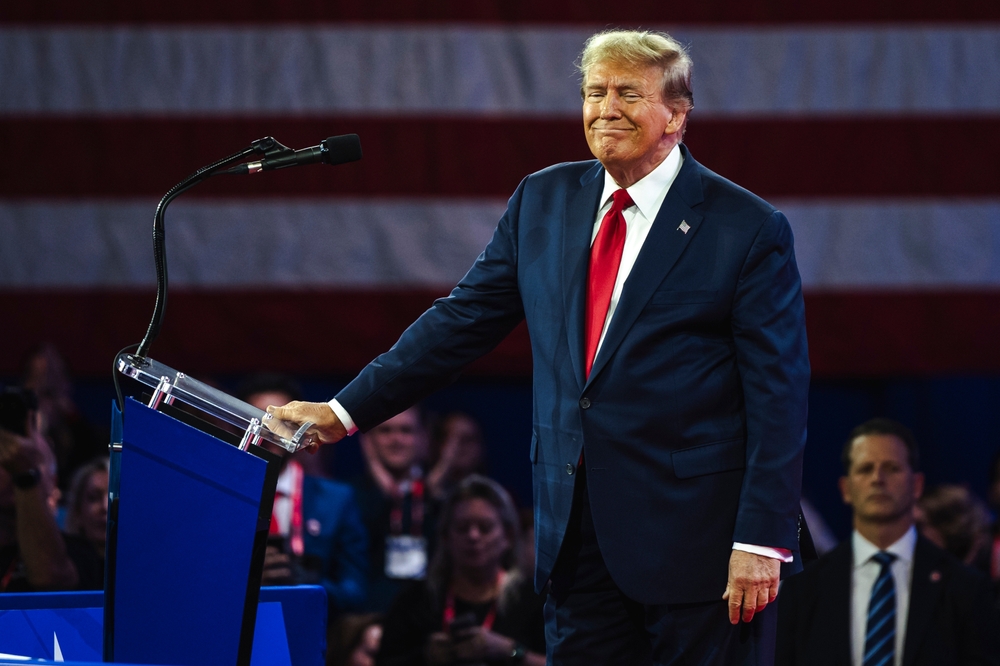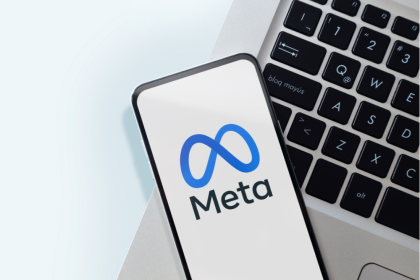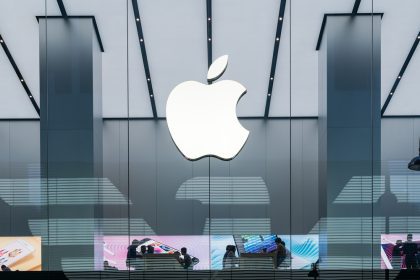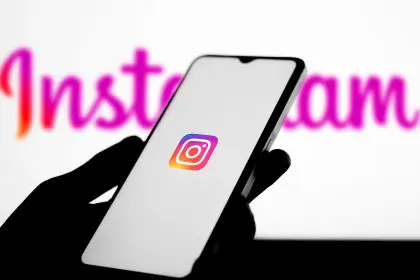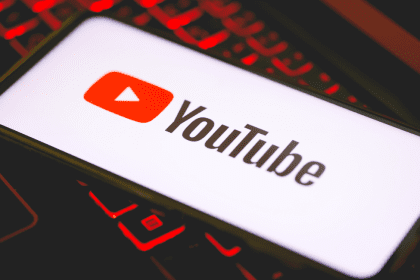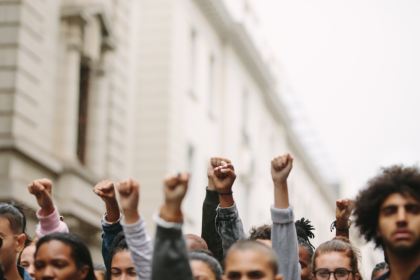Donald Trump insists “there is no choice” but to save TikTok. The future of the platform has become a critical issue in US-China relations, with global implications for social media governance.
The US President-elect – who will be sworn in at his inauguration on Monday (20.01.25) – has vowed to find a solution to enable the Chinese-owned video-sharing platform to continue operating in America after it was disabled for US users over the weekend. The decision impacts not only individual users but also a vast ecosystem of content creators, advertisers, and businesses that have built their presence on the platform.
President Joe Biden’s administration gave the app’s parent company, ByteDance, until January 19 to find a non-Chinese buyer, or face a full ban in US. This deadline represented the culmination of years of negotiations and regulatory concerns about data privacy and national security.
The company stood its ground and refused to find a buyer, meaning it went dark for users in the country. The temporary shutdown sent shockwaves through the social media landscape, affecting millions of daily active users and causing significant disruption to the digital entertainment industry.
However, over the weekend, the service was restored with a promise from Trump that he will ensure TikTok remains, despite the Republican still wanting TikTok to have 50 per cent American ownership. This proposed restructuring would represent one of the most significant forced changes in social media platform ownership history.
Speaking at the Make America Great Again Victory Rally at the Capital One Arena in Washington on Sunday (19.01.25), Trump said: “Frankly, we have no choice. We have to save it.” His statement reflects the complex balance between national security concerns and the platform’s enormous cultural and economic impact.
TikTok argued using the First Amendment that not allowing Americans to use TikTok would remove its 170 million US users’ right to free speech. This constitutional challenge has sparked intense debate among legal experts about the intersection of national security and digital rights.
Trump is expected to issue an executive order today (20.01.25) that will give TikTok more time to find a buyer. This development could set a precedent for how similar situations are handled in the future, as more technology platforms face increased scrutiny over their ownership and data practices.
The TikTok controversy has highlighted the growing importance of social media platforms in national security discussions. With over 170 million American users, the platform has become deeply embedded in US popular culture and commerce, making its potential ban a matter of significant public interest.
Market analysts estimate that TikTok’s contribution to the US economy extends beyond direct employment, influencing marketing strategies, consumer behavior, and entertainment trends. The platform has become particularly crucial for Generation Z and younger millennials, who use it not only for entertainment but also for news, education, and business purposes.
The situation has drawn attention from international observers, with many countries watching closely to see how the United States balances national security concerns with digital rights and free market principles. The outcome could influence similar decisions in other jurisdictions dealing with foreign-owned technology platforms.
Industry experts note that the platform’s influence extends far beyond its entertainment value, with TikTok having become a significant driver of cultural trends, retail sales, and music industry success. Small businesses have increasingly relied on the platform for marketing and customer engagement, making its continued operation crucial for many entrepreneurs.
The ongoing negotiations between TikTok and US authorities have also raised questions about data sovereignty and the future of global internet governance. As digital platforms continue to cross national boundaries, governments worldwide are grappling with similar challenges in regulating international technology companies while protecting national interests.
Cybersecurity experts have weighed in on the debate, discussing the technical aspects of data protection and the feasibility of various proposed solutions to address security concerns while maintaining the platform’s functionality. The discussion has highlighted the need for clearer international standards for data protection and platform governance.

